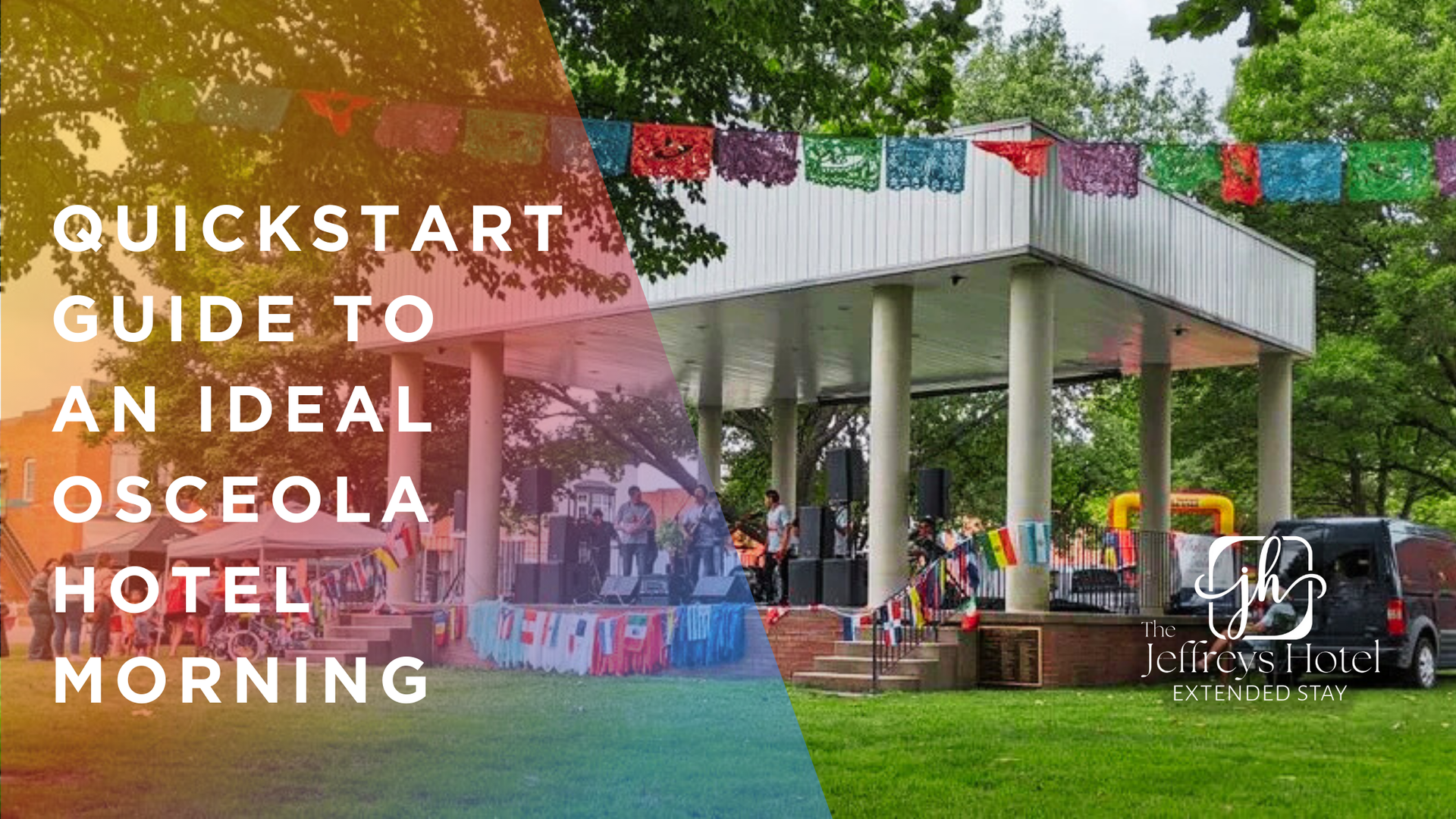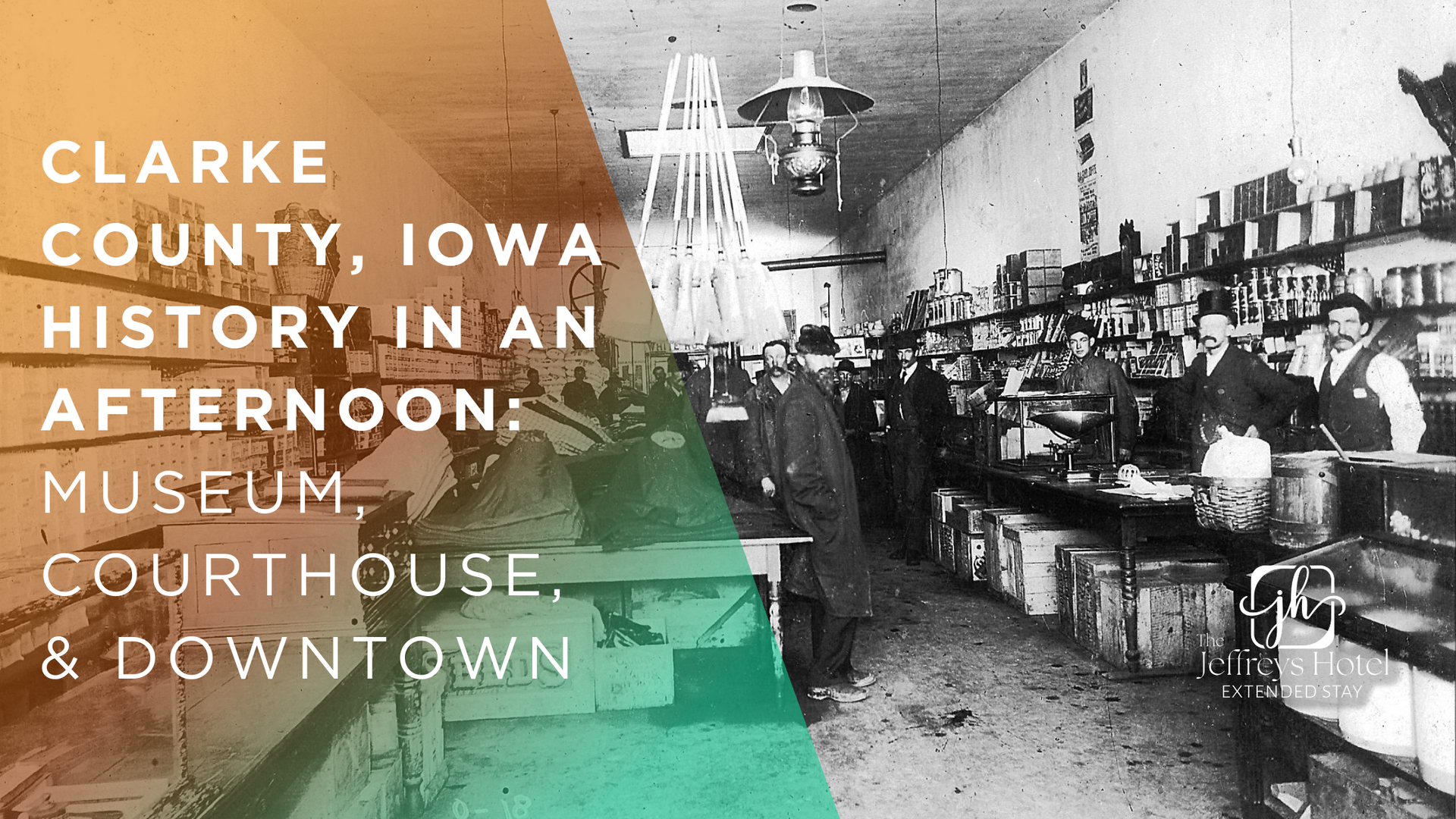Extended Stay: Travel Nurse and Healthcare Work Assignments

The travel nurse and healthcare professional boom, stabilizing in a post-COVID world and economy, continues growing. The needs of older Americans and home care services, especially in rural areas in states like Iowa and nationwide, could drive the next wave. Ensuring quality affordable temporary housing is available to workers, as they build a career helping and supporting others, is at the heart of a good extended stay.
The travel nurse market is stabilizing after a pandemic-era surge and it is expected assignments in large numbers will continue.
Estimates vary, but there is some analysis suggesting there could soon be close to 2 million travel nurses available with thousands of additional travel assignments for various related roles filled annually in the US alone.
One thing that’s certain: the industry is crucial for filling gaps and high demand remains strong due to ongoing healthcare worker shortages.
It has also been made clear that healthcare facilities need more nurses and flexible staffing, and that comes with the need for more reliable temporary housing options for workers, especially in rural and less-served or underserved regions.
A county seat like
Osceola, Iowa, is still a major transportation hub in Clarke County and Central Iowa, and not too far south of Greater Des Moines. Osceola stands among one of the less metropolitan areas, but it’s not too small and is easy to access via Interstate 35, still being pretty close to the “big city.”
The community stands ready to welcome travel nurses and specialists, thanking and serving them.
Travel Nursing: A Place to Grow
Nursing is among the largest health care professions in the United States. It comprises an estimated 4.3 million actively licensed registered nurses (RNs), according to a fact sheet with recent estimates from the National Center for Health Workforce Analysis and U.S. Census Bureau.
Based on survey data that was collected from nearly 50,000 registered nurses in 2022-2023, and released in 2024, about 3.5 million of licensed RNs in the United States were working as RNs.
The results showed over 5% of the workforce were travel nurses, up from 1% of RNs when the 2018 survey four years prior.
Between 2018 and 2024, the number of travelling nurses grew by 430% reaching over 175,000, according to
nursing statistics cited in an AB Staffing Solutions article. Many other healthcare professionals, such as radiologists and physical therapists, to name only a few, take on travel assignments.
Other estimates regarding the sector are even higher with Tricehealthcare’s outlook on the state of the market in 2025 suggesting there were some 1.75 million RNs and LPNs/LVNs who “work as travelers.”
That’s demonstrative of a culture deeply
embedded in staffing solutions, and a number potentially representing over one-third of the country’s nursing workforce population as a whole.
More Than a Career: A Nursing Adventure
The travel segment for nurses and healthcare professionals is significant, and isn’t going anywhere.
Another recent article, this one by TNAA and TotalMed, highlights seasonal fluctuations and retirements among primary
drivers of the travel nurse profession. Specialties such as ICU, ER, labor and delivery, and telemetry remain in particularly high demand.
A typical travel nursing contract lasts about 13 weeks and professionals were earning an average annual salary of $101,132. How long does it take to become a travel nurse? Starting out, about two to four years. NurseJournal.org, posting a
recent outlook on their careers page, also highlights an anticipated 5% growth in the market from 2024-2034.
“Travel nursing is a unique way to transform your nursing career into an exciting adventure,” writes Alexa Davidson, MSN, RN. “As a travel nurse, you get paid to be away from home - while discovering new places, people, and healthcare settings.”
A review of listings on workforce optimization company Aya Healthcare’s website, also in early November 2025, showed over 8,300 openings representing more than 6,550 unique travel nursing jobs.
Rural America: Nursing Shortages and Home Care
This year, while continuing to step in as hospitals and clinics face staffing issues, travel nurses had been expected to expand further into home health services, too. Especially in rural areas where RN shortages are more common, and as more short-term home care assignments outside of hospitals become available.
“Older patients are lining up and nurses are running out, healthcare in the US is definitely at a breaking point,” the Tricehealthcare article on demands, trends and challenges states. “By 2025, federal projections estimate a shortage of roughly 80,000 FTE RNs. Industry analyses put the cumulative deficit closer to 296,000 nurses nationally. In a market with scarce talent, travel nursing steps in to assist.”
Healthcare: Challenging Market and Silver Lining
A lack of hospitals and dedicated skilled nursing facilities is a challenge for the industry.
Health professional shortage areas, known as HPSAs, are a real thing, and widespread reporting confirms that Medicaid cuts could have deep impacts on the rural hospital crisis.
For travel nurses, however, this persistent instability creates an ongoing, stable demand for their skills in exactly these underserved areas, offering them abundant job opportunities and competitive pay.
And when nurses and healthcare workers do go on the move for work, they tend to appreciate enough time to orient themselves to a new facility, enjoying the flexibility and variety that tends to attract people to such travel assignments.
Nursing To Go: Where to Work, Where to Stay
First up, generally, is finding and securing an appropriate short-term housing situation that provides access to the right kinds of resources and supports. One that is suitable for traveling nurses, people traveling independently, and healthcare workers’ needs and lifestyles.
Usually a mix that allows them to relax at “home” away from home after long shifts, to find the markets, supplies and outlets they need close by. Also to have personal space to unwind while they focus on making meaningful contributions day to day in their chosen line of work or profession.
In some cases, a staffing agency may help arrange and pay for accommodations at a quality extended stay hotel, as one example, and take part in handling the logistics. This is often a less stressful option, certainly for many first-time work travelers or those going into areas with a limited number of apartments for rent or lack of overall affordable housing availability.
Sometimes workers may receive a tax-free housing stipend as part of their compensation package and still lean toward the same type of convenient extended stay hotel option. Either way, nurses and specialists on work assignment have the ability to capture greater control over where they choose to stay or specific amenities they want or need.
They can work with their employers, HR departments, partners and mentors, staffing agencies, or directly with hotels. Creating a more personalized space and experience that adds value and they can find the advantage and benefit in for their situation and entire length of their stay.
A Good Hotel: What to Expect
When it’s a good fit, defining expectations and finding answers to commonly asked extended stay questions about what to anticipate from this type of hotel option may be presented.
Dropping by a hotel if you are already in the area and inspecting for one’s self is always a good play, or call at any time when there are additional questions. Naming just a few, inquiries range and can vary:
- “Is it well maintained and managed, a safe and clean hotel?”
- “Are the living quarters fully-furnished and spacious?”
- “How private and secure are the accommodations while remaining easy to find and access from my job and the main highway?”
- “Do all rooms have a full bathroom/full tub, super hot water and cold air conditioning?”
- “Is quality professional on-site housekeeping, on-site laundry service as well as coin-operated machines, professionally micro clinically cleaned linens all part of the deal?”
- “Can I expect to find a fridge, microwave, coffee pot, etc, in my room, are there other appliances available on site to meet my unique or special needs?”
- “What about a nice lobby area, vending, community kitchen, dining area?”
- “In addition to local parks, restaurants and entertainment, is there a courtyard area at the hotel or nice green space?”
- “If my dog visits, is the hotel pet friendly, will we find a quiet place to sit, relax and play when we hang outdoors?”
- “Are they flexible and is the booking process simple, is there an easy pay app and self service on check-ins, check-outs?”
- “Can all upfront costs be minimized with no first and last month’s rent, no utility set up, no cleaning fees, no hidden deposits?”
- “How far is it from Des Moines and hotels in Osceola Iowa, and is everything close by that I need, that matters to me?”
- “Is the staff friendly, welcoming and upbeat, do the hotel owners actually work there, too, and really care?”
- “Do they have a dedicated general manager that lives on site?”
- “Does the hotel run move-in specials and offer discounts based on duration or length of stay?”
These questions and more are all fair game and a hotelier should be able to answer by reaching out directly to them.
Home Away From Home: Real Living, Affordably
The extended stay hotel segment is popular among cost-conscious travelers, including nurses and healthcare workers, people in the construction industry and other trades.
More professionals are on long-term work assignments and relocations. The travel healthcare industry, including nurses and other medical staff, is a consistent source of demand for extended stays as a budget friendly option.
Travel nurses constitute a large and well-documented segment of the travel healthcare market.
Extended stays are a growth market as demand currently outweighs supply in the United States, according to the most recent data.
They are growing in popularity because extended stay properties often provide cost advantages over traditional hotels, and workers are able to find accommodations that can prove
more predictable and comfortable than traditional motel models.
A locally owned and operated extended-stay hotel in a rural community can serve as a better, more niche option for several key reasons. First is the focus on personalized service and attention, which large chains or even expensive Airbnbs have a hard time replicating.
The Case for an Extended Stay
As the travel nurse and home healthcare professional segment continues taking off, many prefer to enhance their overall personal experience and make an extended work assignment with a local hotel stay more meaningful.
Offering a balance of affordability and comfort, people who work may find extended stays more comfortable and to their liking, rather than having roommates in a shared housing situation or being out of pocket on the high cost of an expensive or way-out-or-the-way hotel.
Staff often know guests by name, remember their preferences, and create a genuine sense of belonging that combats the isolation often felt during long work assignments or relocations.
With the ability to communicate effectively, being relatable, and focused on satisfying guests’ needs and preferences, this also means they may be able to point to more authentic local experiences and insider knowledge.
Owners and managers who live and work in the area have a wealth of information and are eager to share their learnings about local dining, attractions, and
hidden gems not found in guidebooks or chain-hotel standard operating manuals.
This allows guests such as travel nurses, healthcare pros or construction crews to find their way around in a new or not as familiar region more easily. They can more easily, and confidently, take advantage of what’s available and what’s happening, immersing themselves in the local culture or regional entertainment during their off-hours.
Nursing and Housing: Staying In Demand
Nursing is in demand. Travel jobs are alluring. There are growing needs in rural America, where the quality of life is high in places like Iowa and the cost of living overall is relatively low.
For many who travel for work, like nurses and healthcare professionals who commit themselves everyday to helping and caring for others, that at-home-like atmosphere and dependability is a major differentiator.
People like being secure in their choices, and prefer saving money. The best of all worlds is available. Boutique hotels are delivering when they are locally independently owned, well-operated, and able to deliver that extended stay value.
Quality extended stay options in Osceola, when it’s close to your work assignment and where there’s access to everything you want and need, are here. Simply a good hotel with clean rooms and nice people working to build a thriving community.
November 6, 2025
More from the Hotels in Osceola Iowa Blog












